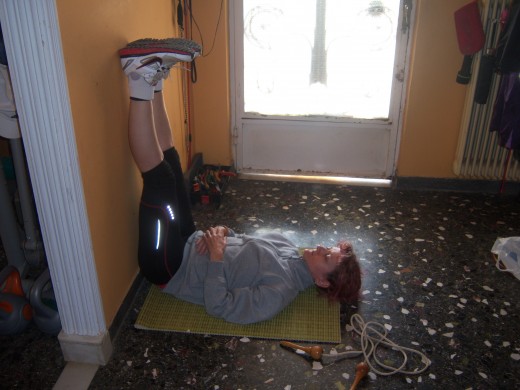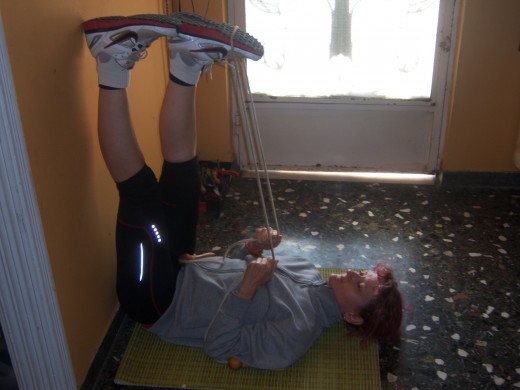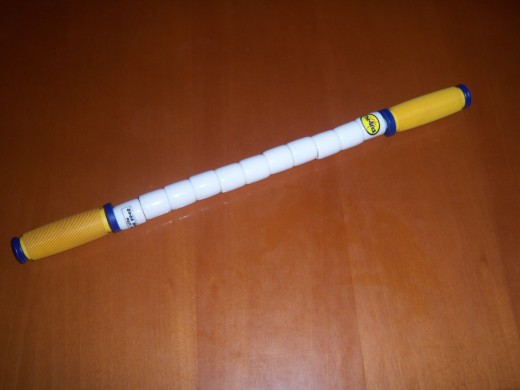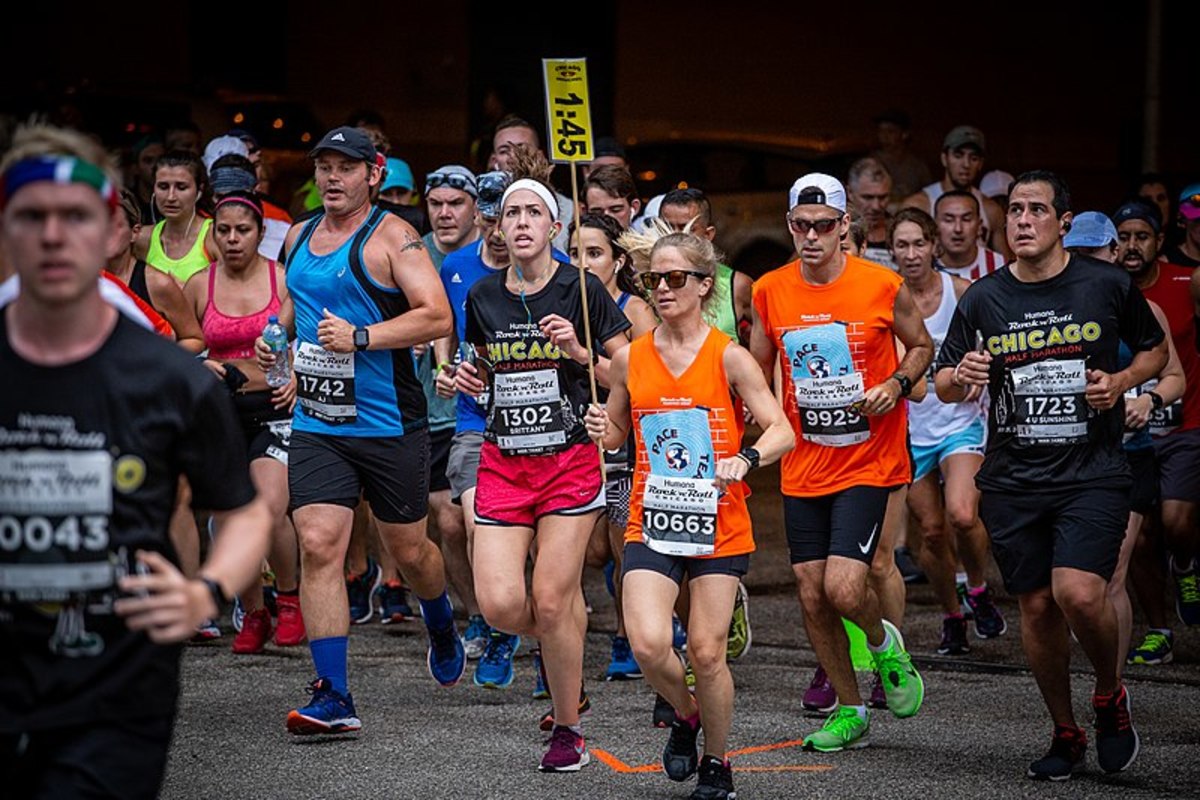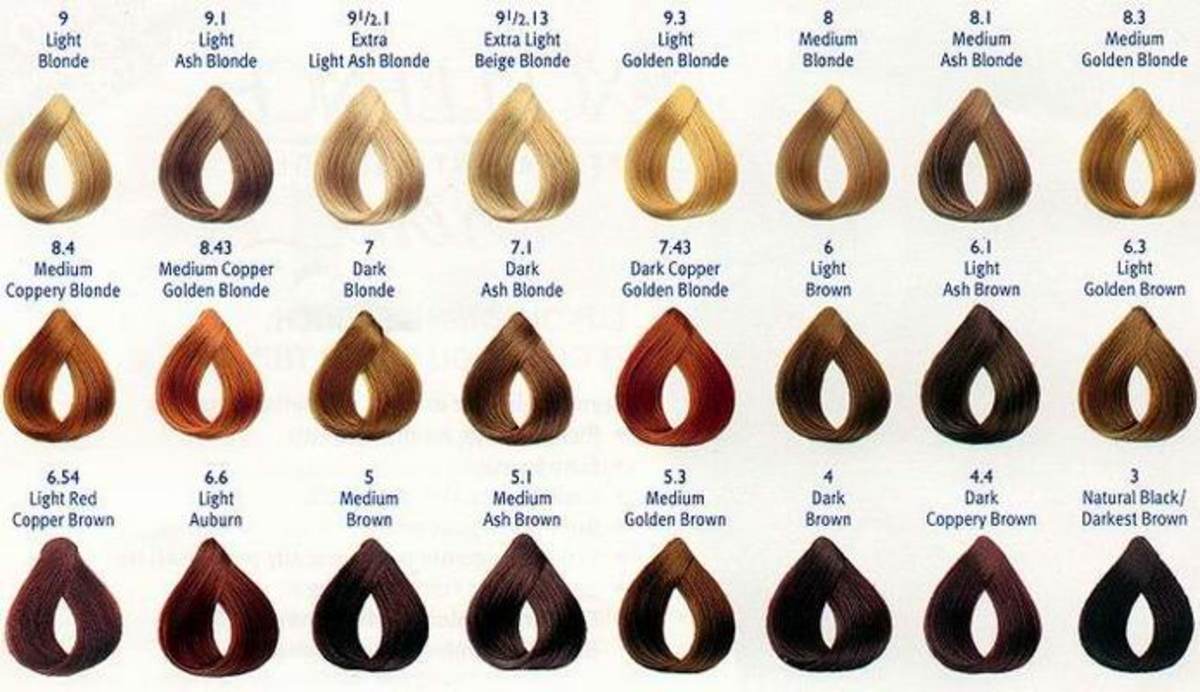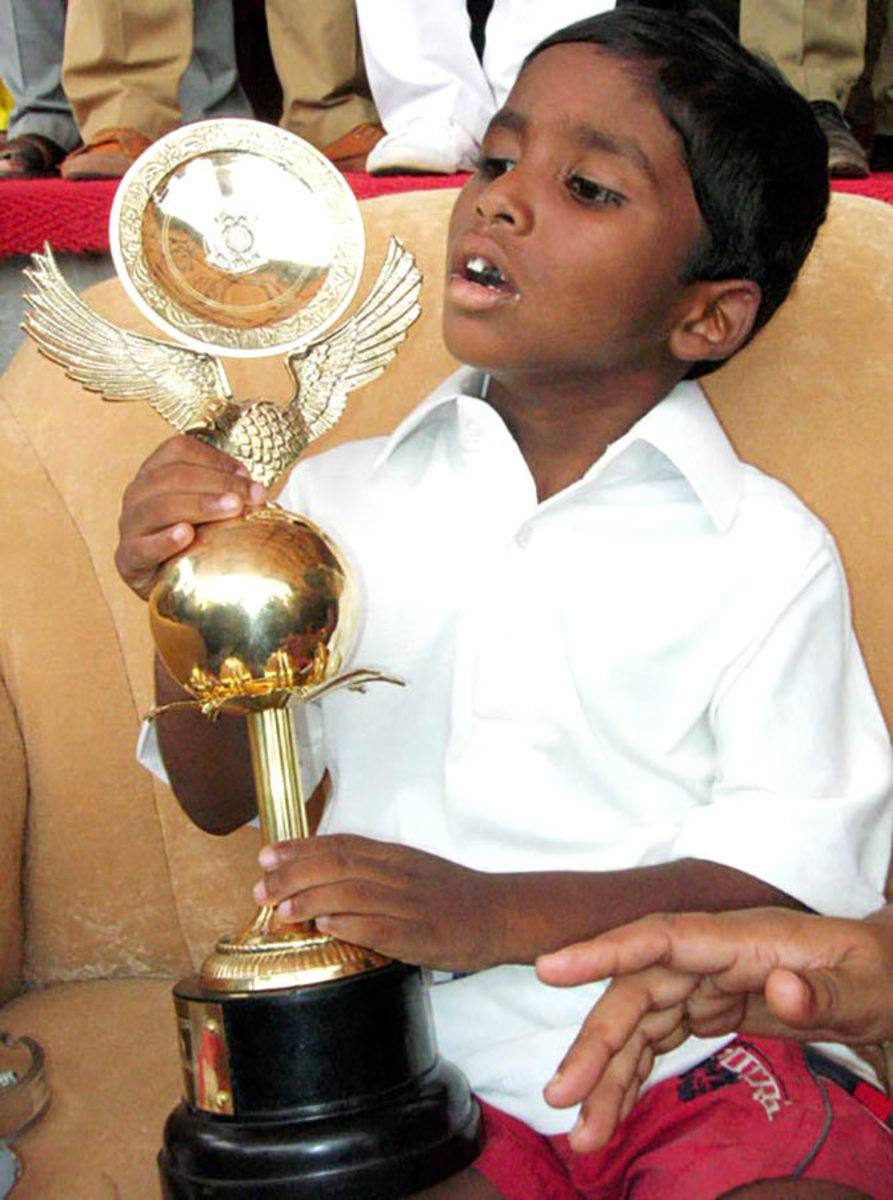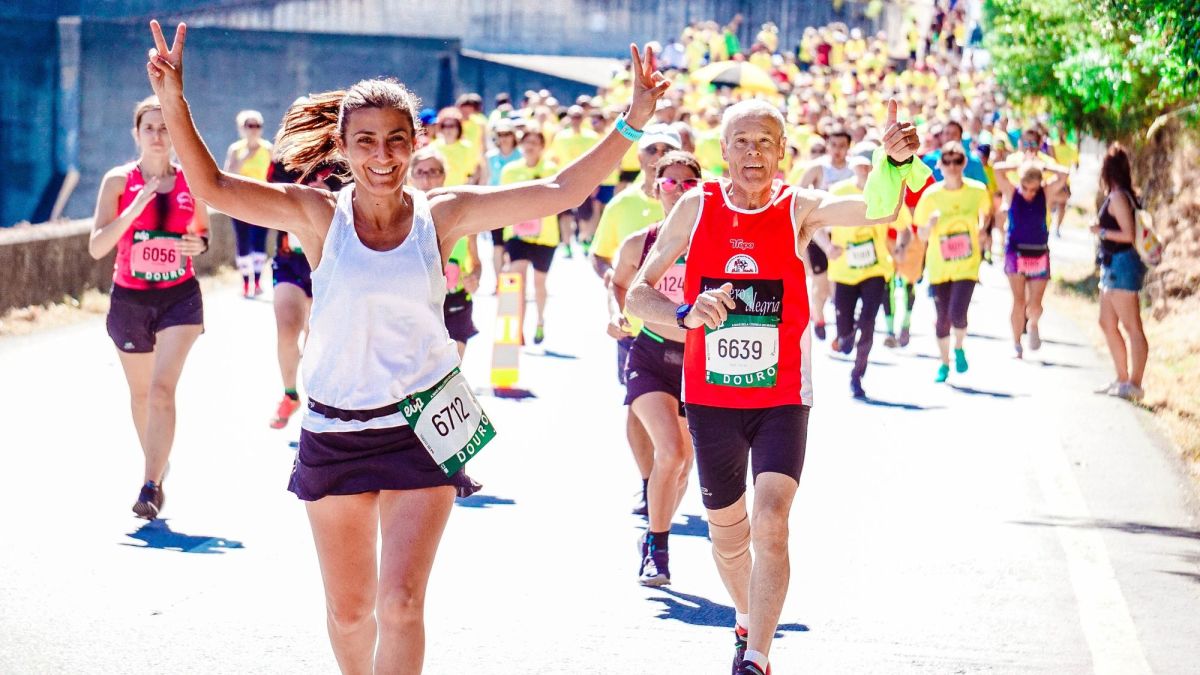Marathon training - How important are the Long Runs....
So you've decided to train for a marathon....
Training for a marathon shouldn't be taken lightly, it takes up alot of time and energy and there are no short cuts. (That would be cheating!!)..Sorry I couldn't help myself....Joking apart, there really are no short cuts - either in training or on which ever 42km course you've decided to tackle. The training for a marathon is probably more of a challenge than the marathon itself and the most challenging type of training runs are the long runs of 15km or more. These are the runs that train your body to find and use fuel in your body efficiently. This is just as important for those people who just want to complete a marathon as it is for those out to beat their personal bests, so it's no good thinking they don't matter because you don't plan to break any records.They do matter and the more of them you do, the easier they become. You may even find you start to enjoy them.
Refuel on the run....
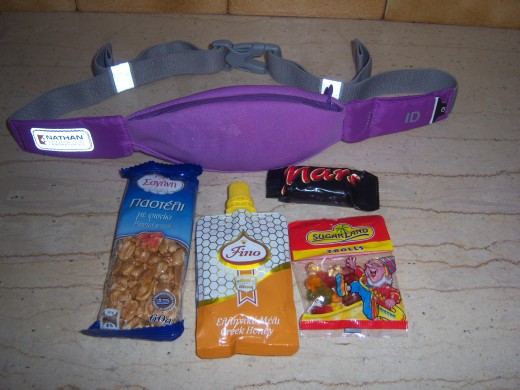
Waist packs ideal carrying your ''fuel''.
Your body needs to learn how to use it's fuel..
Carbohydrates are the foods our bodies turn to glucose and glycogen. These are the sugars our bodies burn as fuel during strenuous exercise, they are stored in the blood, muscle and liver. On the long runs our bodies practise being efficient at using these fuels. When your bodys fuel supply is running low, that is when you'll ''Hit the wall'', which is basically your body telling you to slow down as fuel is low - compare it to a car thats petrol tank is almost empty, it'll start spluttering and letting you know it needs petrol, before it will finally go no further. Training your body with long slow runs will help it learn to cope with low fuel and hopefully avoid hitting the dreaded wall.
Eating during long runs is important, believe me I learned the hard way. I didn't know how I was going to carry food, as I never fancied a waist bag bouncing on my hip, so I never took food. On one of my early long runs I got to 19km, my head started swimming, my legs went to jelly and I felt, Oh sooooo sick!! I invested in a Nathan shadow pak (I wear mine on my hips and there is no bounce!!) and now carry food and what a difference it makes to my long runs, what to eat and when,also takes practise. Some food and drink work better than others for different people. I used to get stomach cramps when eating and running, now I'm pretty sure I know what works for me. I'll take resealable, squeezable sachets of honey, fun size mars bars, gummi bears or peanut bars and eat something every half an hour or so, it doesn't have to be loads, just enough to refuel.
It's also important to hydrate on your long runs, some people like to carry their bottles on their waist using a hydration belt, I use the Nathan quick draw handheld bottle, it also has a small pocket big enough to stash a couple more mini mars bars. The only down side of it is you have to either stash drinks at certain points on your run or make sure there are shops you can pop into quickly to buy a drink. You'll need more than water (I carry sports drink tablets you can just pop into water) on a long run, it's best to opt for a sports drink that contains carbohydrates and electrolytes, to replace what you loose whilst running. I take a swig every 10 minutes or so, enough to keep me hydrated, but not so much that I'll need the loo. It's alright for you men!!
Hydration bottles with holders.
It trains the mind as well as the body...
It's not just your body that requires training, it's also your mind. Our mindset can make the difference between a good run or a bad one. Those Long Slow Runs are paramount in training your mind as well as your body, because running that marathon is going to hurt, at the 30km mark your legs may feel as if they're made of lead, your may body feel like it can't go any further, this is where your mind can make a big difference. It can talk you through, make you dig deeper and find that little bit extra something to keep you going, but that comes only from training - The long run.
Hopefully you've built up your training distance sensibly and slowly, the no more than 10% rule is a good one to follow, that being - don't increase your total training distance by more than 10% a week. It allows your body to adjust slowly and with less stress, so there is less chance of injury. Adding a kilometre a week to your long run is enough.



After your long run....
It's always good to finish your runs 500 metres or so away from home, the walk back will allow your body to cool down, your pulse will drop and your muscles will start to relax. When you get home it is important to stretch those muscles out as they are going to be bunched and tight. Leg drains are good to do as they get the blood flowing up your legs. I also swear by The Marathon Stick to roll out those knotty muscles, I use it before and after my runs whatever the distance and it's also good for those tender muscles the day after a hard workout.
So now you know why those long runs are so important and I hope this hub helps you get through them....Goodluck with your marathon.
- Marathon Tips for Beginners
Anyone can finish a marathon with a clear mindset, decent health and a goal. Yes, if you want to get off the couch, kick bad habits or prove you are stronger than, Philippides. Start running, for your life... - marathon tips
These marathon tips should help get you around. For more tips Click Here! If you are looking for inspiration or something to improve your training, these marathon training tips should help you along... - Running Tips for Beginners - How to Keep Your Motiva...
Practical motivation tips that will help you maintain your oomph and keep running for years to come!




